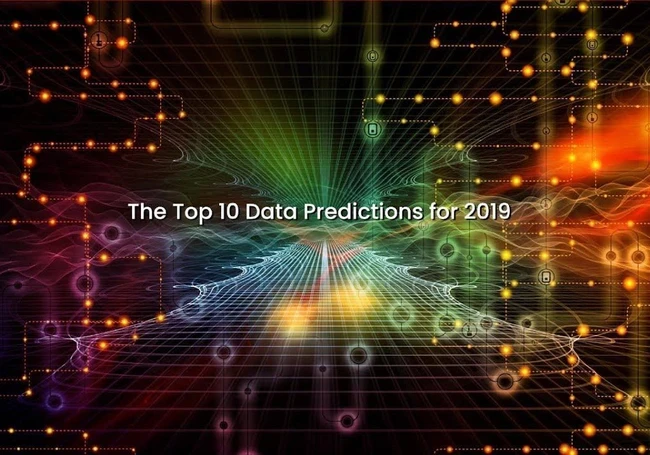
Data is the lifeblood of the digital economy.
Every year, we discover more about what's possible when we access the trillions of pieces of data throughout our connected world.
The rapidly developing popularity of Big Data and the disruptive ideas it supports means that we're heading towards a new world in 2019. It's clear to see that Klaus Schwab's vision of the Fourth Industrial Revolution is than we thought.
In a world where data unlocks the secrets to manufactured intelligence, automation, and connected computers, what's next for the world? Here are our top 10 predictions for 2019.
Backup and Archiving of Personal Data Continues to Present Problems
Finally, today's businesses hold onto vast amounts of personal data. This information is sensitive and vulnerable, but most companies have no intention of using it. According to Gartner, the simple presence of this data could present the most significant privacy risk to 70% of organizations by 2020. This is a huge increase when you consider that only 10% of companies were struggling in 2018.
In the years ahead, businesses will need to work quickly to revise their data retention policies, or else risk severe problems with issues like GDPR. All the while, cybersecurity threats from other environments loom. Osterman research found that 73% of mid-sized companies faced security breaches in 2018.
Concerns Around Privacy Poisoning Mount
Blockchain promises stronger solutions for data protection and management. However, it's not perfect. Rudd Huisman, the Marketing Strategist of Unibright, told us that "having a voice of reason to lead the way" is essential with new technologies. Blockchains need an immutable data structure, which makes it difficult to deliver the privacy that regulations like GDPR ask for. The right to be forgotten would be impossible, as entries into public chains are permanent.
According to Gartner, by 2022, 75% of public blockchains will be hit by privacy poisoning. Inserting personal data into the blockchain means it becomes noncompliant with privacy laws. This represents a new challenge for those investing in new data storage technology.
Quantum Computing Ideas Accelerate
Technology today is evolving at such a rapid pace, it's difficult to keep up. This makes it harder for companies to stay ahead of the curve with data. However, it also presents problems for cybersecurity. According to James Lyne of Sophos, keeping up with cybercriminals is a rather "challenging issue."
One way for larger companies to stay ahead of the game is to speed up the way they interpret large volumes of data. Quantum computing could be the answer to many of the industry's current problems. Many tech giants like Microsoft, Google, and IBM are already working on the next generation of supercomputers.
Edge Computing Grows in Prominence
The growth of things like IoT and AI leads to disruption in the technology sector. In an interview with Rhonda Ascierto, 451's research director, she told us that her company is always thinking one step ahead. "One thing we're always asking is, what could disrupt today's data centers?"
Furthermore, Edge Computing is one of the emerging trends sure to transform the data center as we know it. Edge computing extends the cloud to the "edge" of the network. This means that smart devices won't be limited to sending data to the cloud. Instead, the devices can analyse data sets themselves. Each device may become an intermediary between an endpoint and the huge data centers at the heart of cloud computing.
Companies Will Look for New Ways to Leverage IoT Data
The IoT craze isn't going anywhere in 2019. According to figures from Energias Market Research, IoT will grow to a value of $6.5 trillion in 2024. Partially, the growth comes from the increased affordability of things like smart sensors and devices. Additionally, consumers are becoming more comfortable with things like AI and intelligent speakers.
According to our Interview with the head of IoT Cloud at Cisco Jasper, Internet of Things technology is growing at a rapid pace. "Industrial IoT is in the top five industries for IoT adoption worldwide." It will be crucial for businesses to gather IoT data going forward.
More GDPR Strategies Will Include Blockchain Technology
In 2018, Amar Singh, the CEO and Founder of Cyber Management Alliance told us that " GDPR to me, is an obligation." He believes that GDPR will push companies to think more carefully about how they manage privacy. One way that companies may begin to meet their GDPR obligation in 2019 is with the use of blockchain technology.
According to Gartner, over 25% of GDPR-driven proof-of-consent implementations will use blockchain technology. This is an increase from only 2% in 2018. Various organizations have already begun to discover the power of blockchain. This is crucial in a world where thousands of data breaches are still happening after GDPR.
Automation Continues to Enhance the As-a-Service Model
As-a-service technologies have grown significantly in popularity over the last year. According to the Senior Managing Director of Accenture Operations, Manish Sharma, the as-a-service economy is growing. Accenture Operations has embraced as-a-service operations to "transform entire processes" and "create new business opportunities" for their clients.
Going forward, we may begin to see the arrival of Data as-a-service solutions according to IDC. A study into European studies found that 90% of enterprises will start to generate revenue by offering data as a service going forward. The business plan will involve selling raw information to companies that need to educate ML and automation models.
Businesses Invest More in the Cloud
The scope of the data we collect today is so vast that the cloud is essential. According to Forrester, Global spending on big data solutions via the cloud is growing 7.5 times faster than on-premise solutions. Those with interest in tools like IoT, AI, and machine learning will continue to expand their investments in the cloud this year.
Ian Spence, the CTO and Chief Scientist at Ivar Jacobson International told us that there is currently a massive element of cultural change happening. "To get the benefits of agility, there needs to be a huge cultural change." Cloud is one of the easiest ways for companies to embrace an agile approach to data management.
The Operationalization of Data Pipelines will Begin
CIOs and CDOs alike will also see a shift towards data pipelines for analytics, AI and machine learning purposes. Innovators like Guillermo Diaz Jr of Cisco and Praniti Lakhwara of Apttus are no strangers to data management. These are the professionals leading the way towards the proper collection and utilization of data.
In 2019, we'll see more people coming together to eliminate the "ad hoc" forms of data analytics that are common in certain markets. The introduction of automation frameworks for operationalizing big data will be crucial to making AI and ML production simpler.
The Demand for Data Officers Will Grow
According to Gartner, 90% of large global companies will have a CDO (Chief Data Officer) by the end of this year. As data emerges as a crucial component of many ongoing business strategies, it's time to bring data science into the C-Suite.
In the past, the responsibility for things like business intelligence and analytics has fallen within the hands of CIOs. However, CDO roles will grow increasingly common in 2019, as companies turn to analytics to steer their growth in the right direction. Peter Jackson of Southern Water recently spoke to us about his insights into the importance of the CDO.


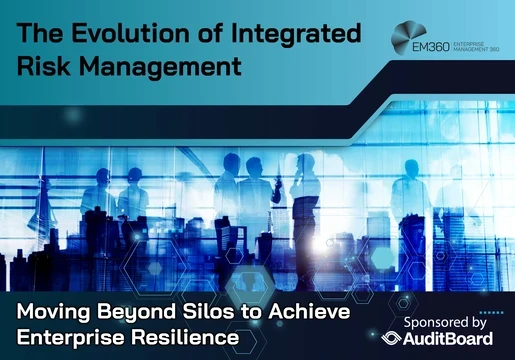



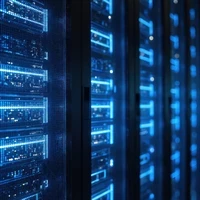
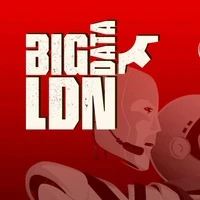

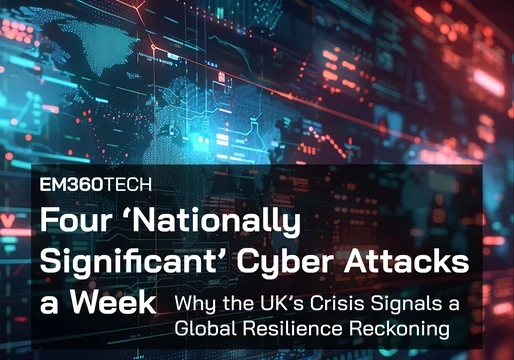




Comments ( 0 )